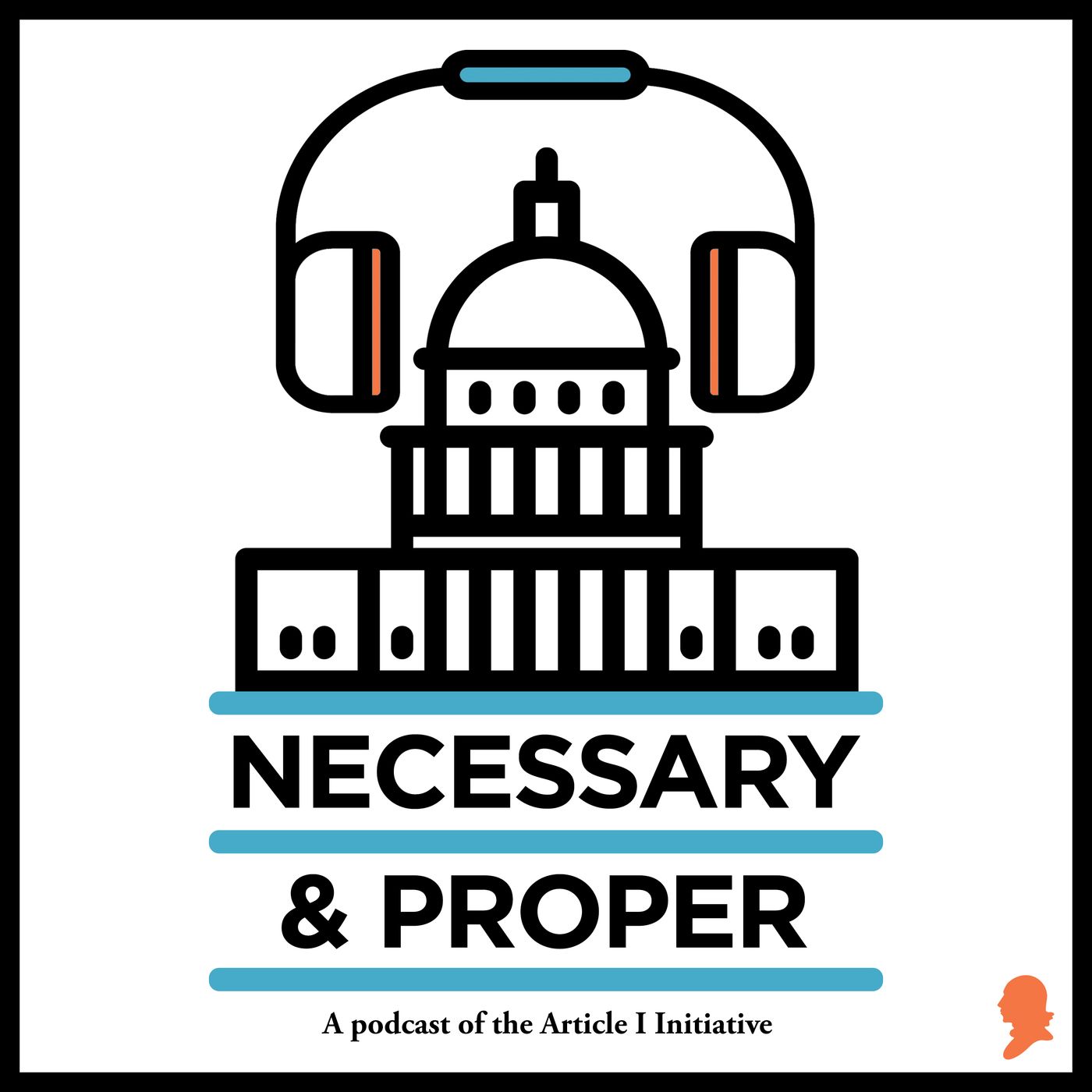Necessary & Proper Episode 82: The D.C. Crime Bill: What Happens Next?
Description
In November 2022, the District of Columbia City Council passed the Revised Criminal Code Act of 2022 (RCCA) that significantly reformed the D.C. Criminal Code to "modernize and overhaul" the District's criminal laws including a reduction in penalties for many violent offenses.
D.C. Mayor Muriel Bowser initially vetoed the bill citing concerns about some of the changes, but the Council overrode her veto in early 2023. Because D.C. government is not autonomous from the federal government, the legislation requires Congressional approval.
The U.S. House voted to nullify the bill, and the Senate is slated to vote on whether to block the bill this week. Should the Senate vote to block the D.C. bill, it could be the first time in almost 3 decades that Congress has nullified a D.C. law.
If the Senate votes to nullify the law, the bill will go to President Biden to sign or to veto. While many had anticipated he would veto the resolution, President Biden indicated in a March 2 tweet that he would sign the resolution should it pass.
On March 6, D.C. Council Chairman Phil Mendelson wrote a letter to the Senate attempting to withdraw the legislation. Such a withdrawal has not been attempted before. The Senate is still slated to take the issue to a vote later this week.
As the Senate vote approached, we hosted a webinar featuring an opening address from U.S. Senator Bill Hagerty, followed by a discussion of the bill and what may come next.
Opening Address Featuring:
Hon. Bill Hagerty, United States Senator, Tennessee
Discussion Featuring:
Zack Smith, Legal Fellow and Manager, Supreme Court and Appellate Advocacy Program, Edwin Meese III Center for Legal and Judicial Studies, Heritage Foundation
More Episodes
The development of standing jurisprudence has been inextricably intertwined with the growth of the administrative state over the past 60 years and the bevy of new statutory rights, privileges, obligations, constraints, and interbranch dynamics that came with it. Over the past three terms, the...
Published 08/27/24
Chevron v. NRDC (1984) and subsequent precedents held that courts should defer to agency interpretations of ambiguous statutes. This “Chevron Deference” has been a topic of great debate, with many calling for it to be overturned, while others argue it is a vital part of how Courts address the...
Published 08/15/24
Published 08/15/24


